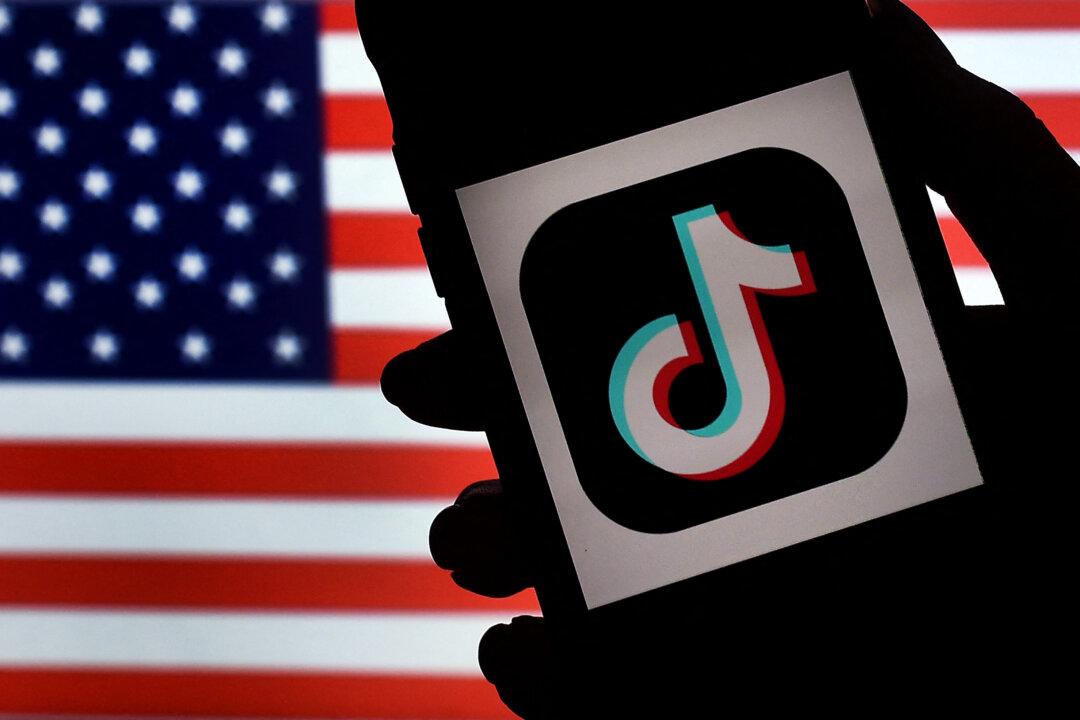TikTok and its Chinese parent company, ByteDance, filed a legal brief on June 20, kicking off a fast-tracked schedule to challenge a divest-or-ban law signed by President Joe Biden on April 24. The law gives ByteDance a year to sell the short-video app, or it will be banned from mobile app stores and web-hosting services.
The brief largely reprised the petition filed at the U.S. Court of Appeals for the District of Columbia Circuit on May 7, asking the court to declare the new law unconstitutional and issue an injunction to prohibit the enforcement on grounds of freedom of speech.



